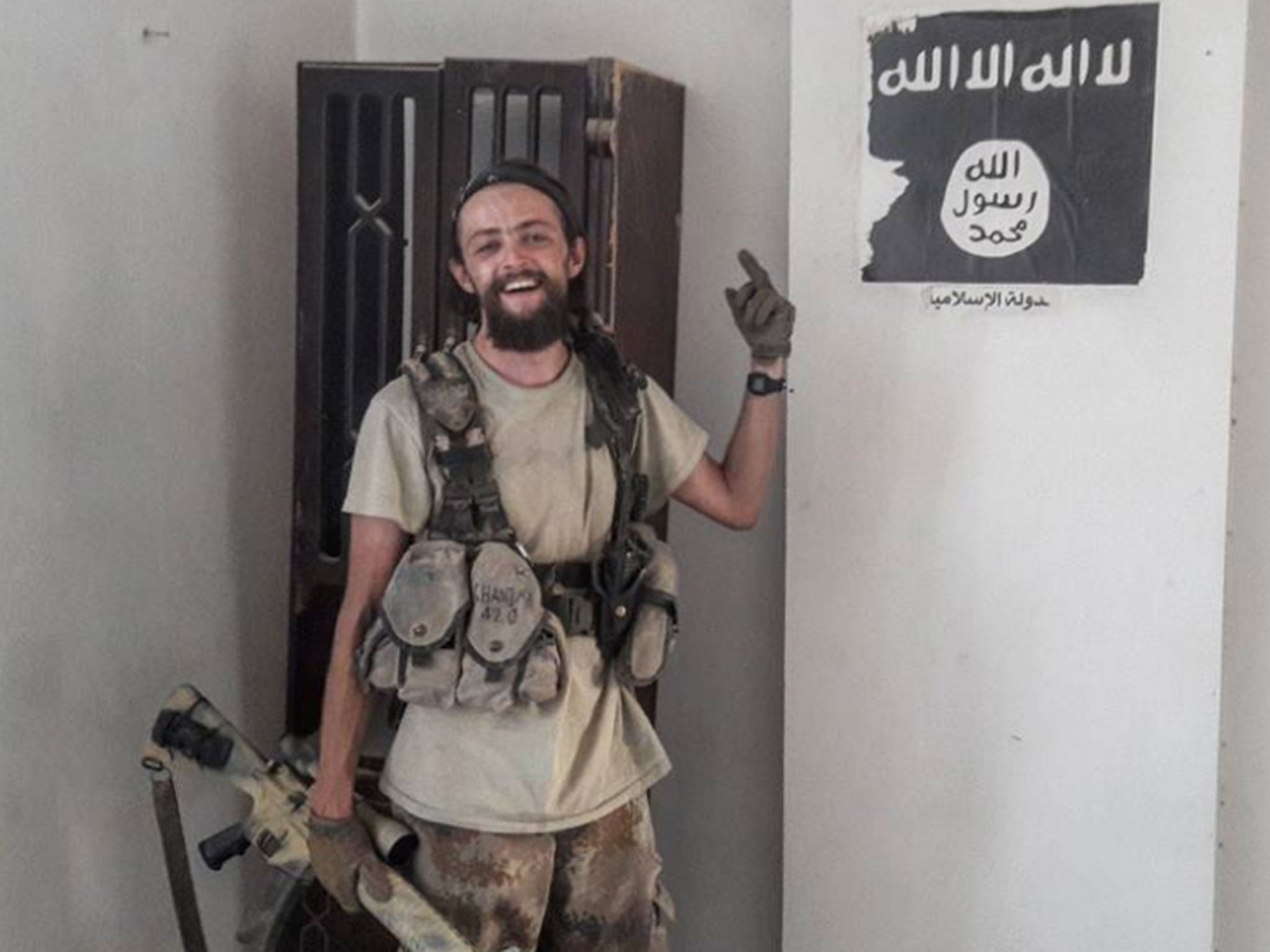Ozkan Ozdil: Man arrested at Luton airport under terror laws fought against Isis in Syria
The Independent understands suspect had arrived in UK from Serbia when he was detained
A man arrested under terror laws at Luton airport had volunteered to fight against Isis with US-backed Kurdish forces, it has emerged.
Ozkan Ozdil, from London, was one of several British men and women who joined the People’s Protection Units (YPG) in Syria.
The Independent understands he left the front line some time ago and was arrested after arriving in the UK on a flight from his girlfriend’s home country of Serbia.
Scotland Yard has not released Mr Ozdil’s identity, which was given to The Independent by associates, and refused to confirm what group the detained man was suspected of joining.
In a statement following the arrest on Thursday evening, a spokesperson said: “Officers from the Met’s counterterrorism command arrested a 32-year-old man after he arrived at Luton airport on an inbound flight.
“He was arrested on suspicion of preparation of terrorist acts … the arrest is Syria-related and not related to any offences at the airport.”
Mr Ozdil was interviewed at a police station in Bedfordshire and bailed until mid-January.
He joined the YPG in Syria in 2016 and was attached to a combat medical unit, going on to fight in the battle to drive out Isis from its de-facto capital of Raqqa.
Mr Ozdil met fellow British volunteers including Jac Holmes and Ryan Lock, who are among eight Brits so far killed after joining the YPG.

Pro-Kurdish activists have been angered by his arrest, which they see as part of a campaign of “harassment” by British authorities targeting volunteer YPG fighters.
Mark Campbell, co-chair of the Kurdistan Solidarity Campaign, said: "The UK government continues to attempt to criminalise the legitimate struggle of the Kurds on behalf of the Turkish regime, whose sole intention is the annihilation of the Kurdish people's movement. We call on Theresa May to stop this acquiescence with the racist criminalisation of the Kurdish movement and its friends."
The YPG is considered a terrorist organisation by the Turkish government because of its links to the Kurdistan Workers’ Party, but is not proscribed in the UK.
The group became a key partner for the US-led coalition fighting Isis in Syria, driving the terrorist group out of swathes of territory claimed in 2014.
Turkey invaded Kurdish-held territory in northern Syria earlier this year and the YPG fears another bloody advance if Donald Trump pulls US troops from the region.
Terror “preparation” offences have been used to prosecute foreign fighters as well as terror plotters in the UK.
Numerous YPG volunteers have been arrested under the laws by the Metropolitan Police, with officers frequently questioning them and seizing passports to prevent further travel.
But few volunteers who fought against Isis have been charged and none have yet been successfully prosecuted.
Jim Matthews, a former British army soldier, was charged with preparing acts of terrorism for allegedly attending a Kurdish training camp abroad in 2016, but the case was dropped before trial.
Another YPG volunteer, Aidan James, was charged with the same offence but no date has been set for an upcoming hearing at the Old Bailey in London.
The Foreign Office has advised against all travel to Syria since the start of the country’s civil war, and police have said anyone going to fight can be arrested regardless of their cause.
A proposed law contained in the Counter-Terrorism and Border Security Bill would see anyone entering “designated areas” abroad without a reasonable excuse jailed for up to 10 years.
In the year to September, 40 per cent of terror suspects arrested were white, 33 per cent were Asian, 12 per cent were black and 14 per cent were recorded as other.
Terror arrests fell by 31 per cent overall year-on-year, from 462 to 317, and more than half of suspects were released without charge.
Bookmark popover
Removed from bookmarks